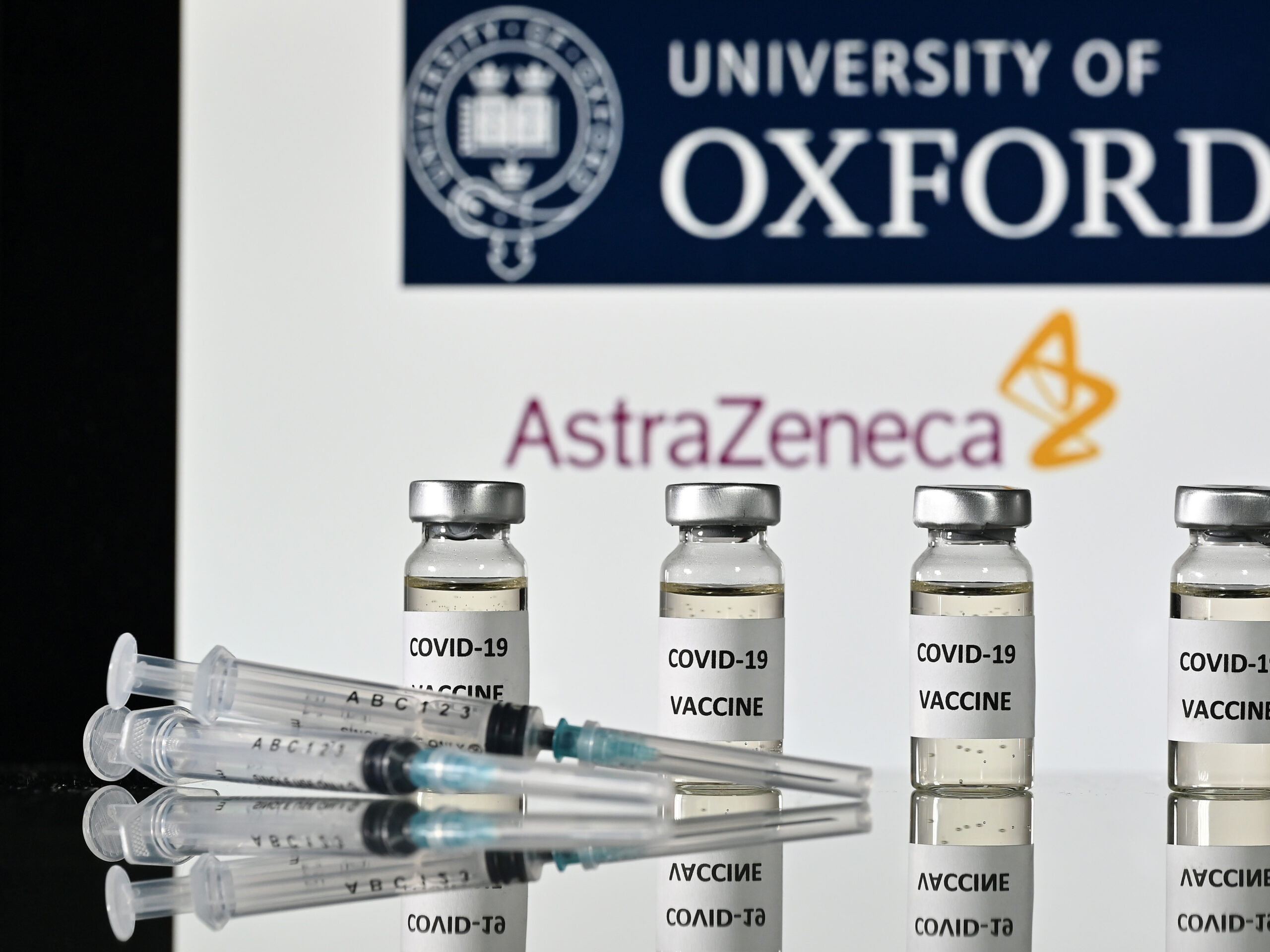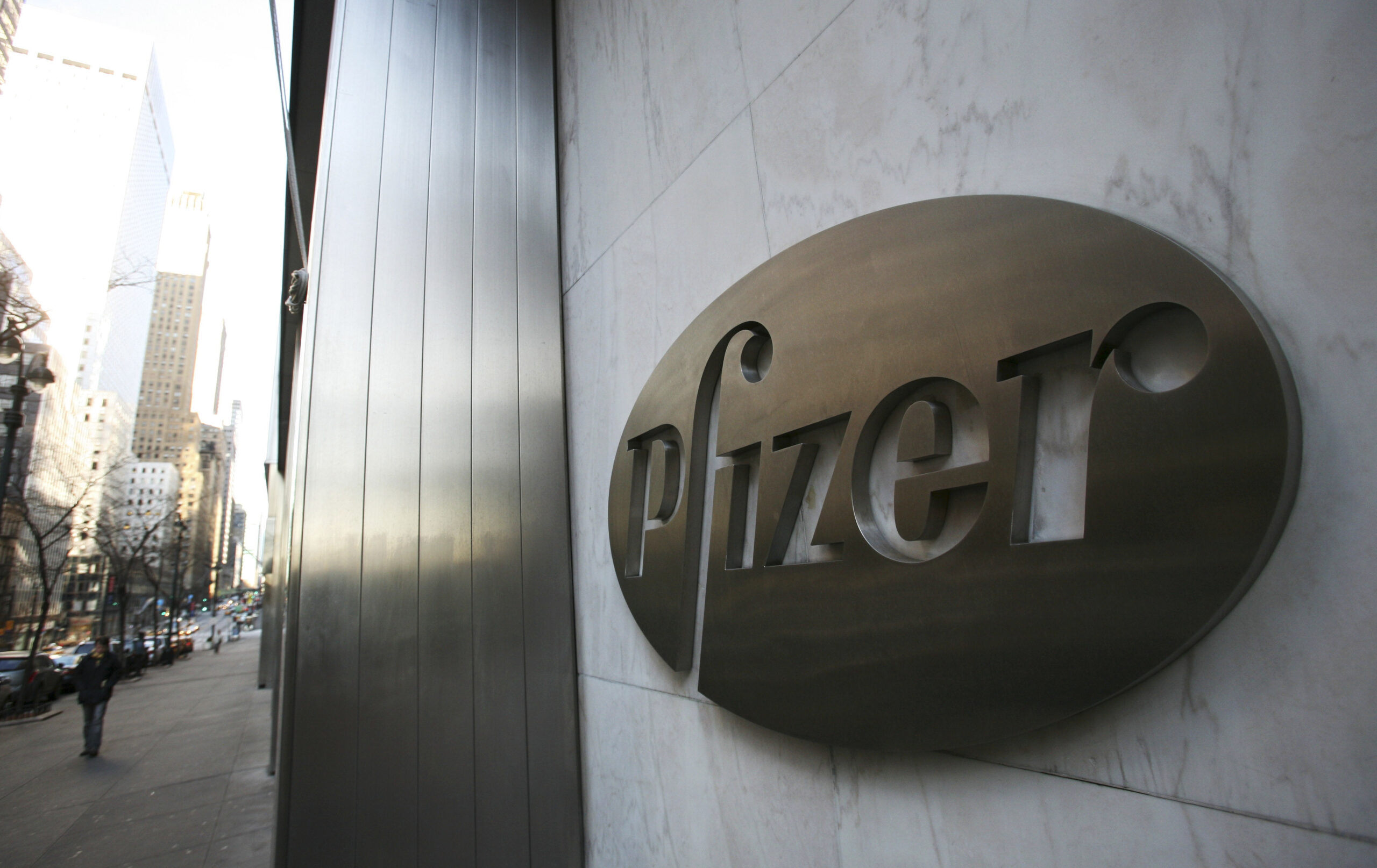U.K.-based pharmaceutical company AstraZeneca has developed a vaccine that initial results show to be “highly effective in preventing” COVID-19, the company announced Monday.
The vaccine, developed with the University of Oxford, showed an average efficacy of 70% in preventing the coronavirus, according to the company. However, that is an average of two dosing regimens — one involving two full doses at least a month apart that proved to be 62% effective. A second regimen, involving a half dose followed by a full dose at least one month later was 90% effective, the company said.
The analysis of clinical studies of the vaccine trial showed no hospitalizations or severe cases in participants receiving the drug.
British Prime Minister Boris Johnson tweeted his excitement early Monday after AstraZeneca and Oxford announced their results.
“Incredibly exciting news the Oxford vaccine has proved so effective in trials. There are still further safety checks ahead, but these are fantastic results,” he said.

9(MDAxODM0MDY4MDEyMTY4NDA3MzI3YjkzMw004))








